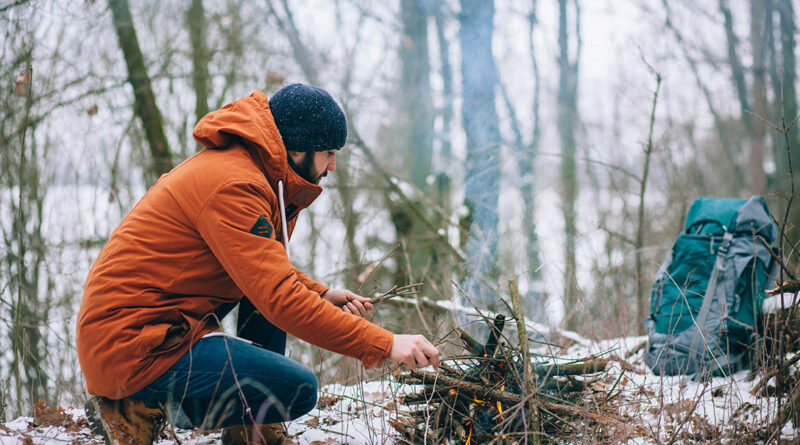The Importance of Survival Skills – and How Gaming Can Help Cultivate Them
We’ve all been there; after an evening of playing Rust with friends, your mind turns to how you’d fare in a real-life survival situation, followed by realizing how quickly you’d succumb to the elements. Survival skills may seem far removed from our regular day-to-day lives, but they can be beneficial to learn, and video games could be more of a primer than you might think.
Learning Bushcraft
When we talk about survival skills, the first thing that often comes to mind is the sweat-drenched explorer, hacking through the underbrush in a dense tropical environment on the hunt for running water or a safe place to start a fire.
Survival skills have much broader applications than this and have practical utility in situations beyond those shown in survival films. Something as unassuming as a car breakdown in a rural area could turn into an overnight stay in the wild before a breakdown service can reach you, and knowing basic bushcraft could be the difference between a cold night and a comfortable one.
In terms of learning these practical skills, there are different ways you can learn, the most popular of which are tutored bushcraft camps which take you and a group of others on a wild camping trip with professional instructors. The program will vary from camp to camp, but whichever you choose, you can learn critical survival skills from fire-making to effective shelter-building and reading the land to find drinking water.
You’ll be taught valuable skills along the way, which you can practice daily at home, including knot-tying and whittling. Physical skill is just one side of practical survival, though, and one of the ways you can cultivate the other side may be surprising.
Cultivating Skills
Besides having the physical skills to create a robust shelter, mental sharpening skills are crucial to survival. Here, video games can help in the form of survival games such as Stormfall: Saga of Survival, a survival RPG with resource and character management at its core, which rewards collaboration and cooperation with other groups or ‘clans.’
Naturally, survival games won’t necessarily help you cultivate your practical skills: building fires and shelters might follow some survival conventions but will not divulge any valuable information to translate into the real world. However, playing with them can sharpen your mental faculties in other ways.
To that end, Valheim is another popular survival title that, despite its fantastical subject matter, could offer measurable improvements concerning real-life survival scenarios; solid teamwork and communication are required to find resources and complete structures, and monitor threats.
Broader Applications
The fortunate truth is that only a few of us will ever find ourselves in a situation that necessitates having survival skills and knowledge. Tales of desert strandings and forest survival are outliers, told by a significant, unlucky minority. But does this mean we shouldn’t bother to learn how to start a fire, tie a rope, or build a shelter from our surroundings? Not at all; these skills are evergreen and, crucially, transferrable.
Learning how to survive in the wilderness is a case-specific way to learn about adaptability and how to improvise effectively – an extremely useful skill to have in both personal and professional environments. Cultivating teamwork and organization through survival simulation games and co-op RPGs makes you a more effective team player and can improve your leadership skills.
In essence, survival skills do not exist in a vacuum. While they could save your life at one point or another, their benefits extend beyond their initial purpose – making you a more effective and well-rounded person.




